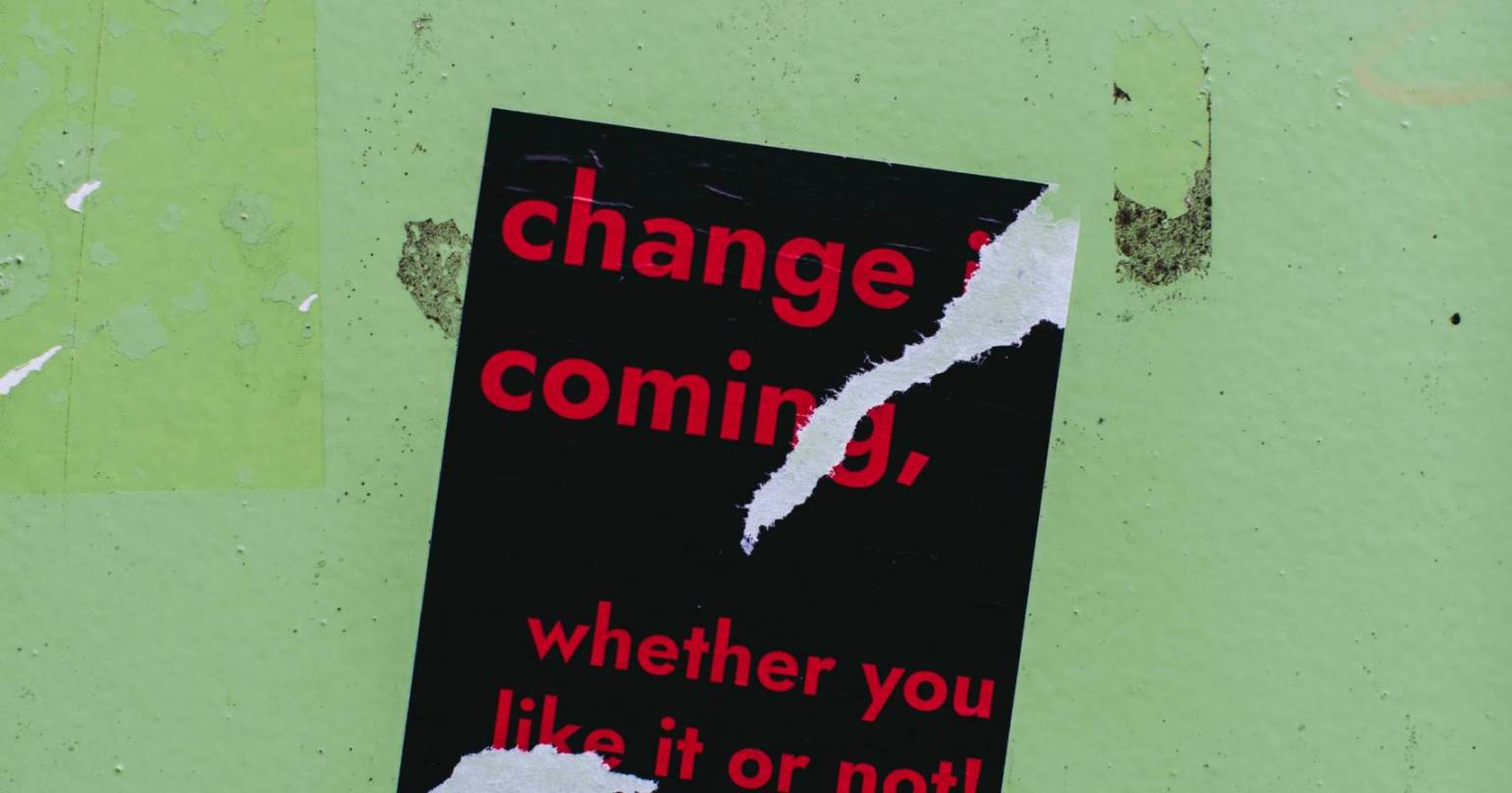Making a change an opportunity
We all have a comfort zone; the things we know we can do, tolerate, like and dislike. The comfort zone operates every single day allowing you to live your life according to your own set of boundaries allowing you to feel safe and confident.
Changes affect our comfort zone; stepping out of your comfort zone can cause anxiety type symptoms if it’s not something you do regularly. I hear many clients talk about reactions to change and a reluctance to change the status quo for fear of the unknown.
Something I highlight is that the things they are comfortable with now, took time to become comfortable. One day you had to try out the that thing, you mastered it and it became part of your daily life; without trial and error that habit wouldn’t have been adopted.
When changes come along, often fear is a common reaction and why not? A change threatens to tear down all you know, to squash your habit and force a new way of being. Thinking about it like this makes all changes seem quite frightening but these are genuine perceptions of changes for those who do not like them.
I’d like you to consider smaller changes for a moment; so think about when you buy semi-skimmed milk instead of your usual whole milk for instance; it’s still milk, it tastes a bit different and you make a decision about whether you can tolerate it until it’s finished, or if you want to throw it away. It’s a small change, an inconvenience and it’s a situation where you choose to make a substitution for the short term, long term or indeed walk away from that option all together, likely returning to good old whole milk. The level of discomfort was likely minimal but you made your own choice about the outcome.
When bigger changes come along it can threaten your sense of self, your identity and impact on confidence and the ability to make choices. It’s likely you feel you have no choices if you didn’t actively decide upon that situation. So, for instance redundancy, if you are faced with that option and have worked for the company for a number of years, like your team mates, or it affords you a certain lifestyle then your sense of who you are is likely bound up in your job. This view is again common; we spend a great deal of time at work so it makes sense that our identities can be built around the job that we do.
How can we apply the milk scenario to redundancy I’m hearing the audience say! Well, I’d encourage you to break the situation down in the same way. This isn’t trivialising the situation, it’s making the problem smaller, a chunk at a time.
If you are facing redundancy for instance:
- If they are offering you another role instead, will the wage afford your same lifestyle or a better one or a worse one?
- Can you tolerate either of those outcomes?
- What’s the new job? Can you ask for taster first in order to make a more informed decision?
- Is the pay out for redundancy enough to support you, if the offer is voluntary redundancy?
- Have you been considering leaving anyway but been unable to take the step?
- If you weren’t doing this job, what job would you like to do?
- How big a part of your life is your job? Are you comfortable with that or are other things needing to become a priority now you’ve assessed this?
Any of these exploratory questions would be a useful way to start to break down the change you are facing. If you simply react to the word ‘redundancy’ then you haven’t really engaged with your thoughts, feelings or emotions about the matter, only the word, and what it means to you or to society. If you explore these views then you’ll begin to understand if you hold the same view as society does or if redundancy means something different to you personally, such as freedom, escape, a new lease of life, or a new direction rather than traditional perspectives of the word. Asking questions helps you try out new comfort zones to replace your old one, to allow you to function.
Decisions require information, so the best way to arm yourself for appropriate and helpful reactions is to find out some facts, think about what you want from the situation and to form a clear picture in your head.
If you can apply this process to the smaller changes in life, like the milk, then the bigger things will feel less daunting because you’ll be used to making decisions that aren’t just automatic reactions; you’ll be able to weigh up how you feel first and then what you want.
When changes then come your way they are more likely to feel like opportunities rather than negative, punishing and designed by people out to get you.
You’ll be empowering yourself to take control and make a decision about the change. If you have some responsibility over some aspects then life will feel less like is just happening to you and more like you are moving forward with purpose, direction and a confident you behind the wheel.
Photo by Markus Spiske on Unsplash

Add Comment